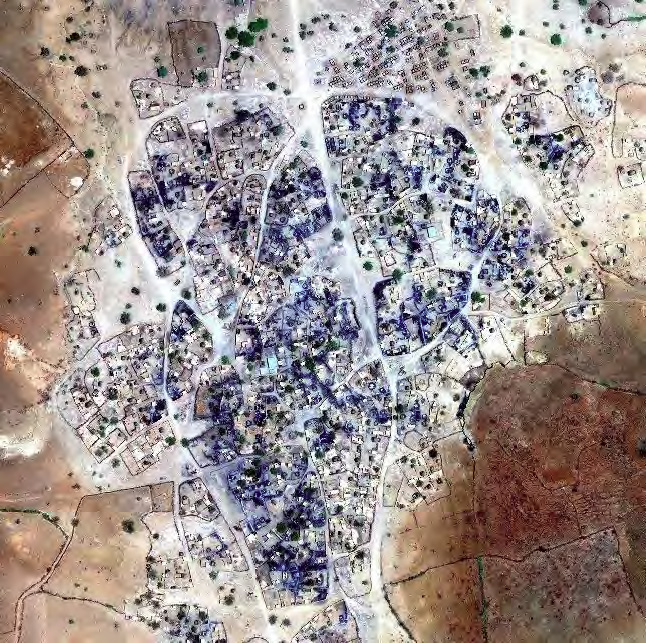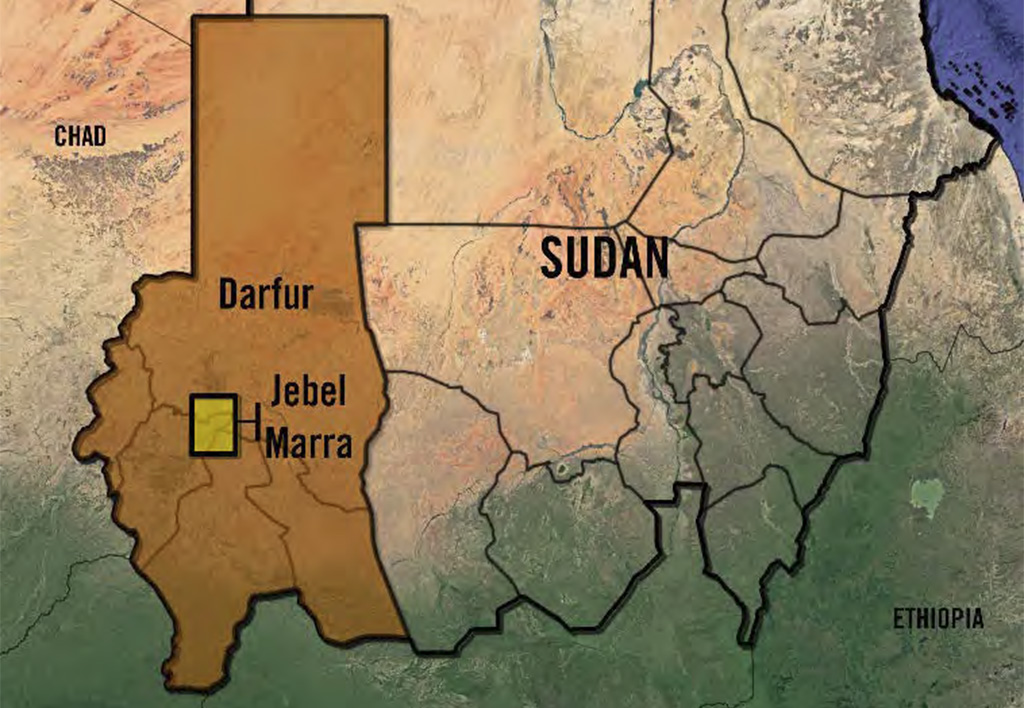Credible evidence of the use of chemical weapons to kill and maim hundreds of civilians including children in Darfur revealed in a report released by Amnesty International on Thursday. The organization has documented a large number of serious violations of international humanitarian and international human rights law committed by Sudanese government forces.
https://twitter.com/MagkaSama/status/781583327505506304
Based on testimony from caregivers and survivors, Amnesty International estimates that between 200 and 250 people may have died as a result of exposure to the chemical weapons agents, with many – or most – being children. Hundreds more survived attacks but in the hours and days after exposure to the chemicals developed symptoms including severe gastrointestinal conditions involving bloody vomiting and diarrhoea; blistering and rashes on skin which reportedly hardened, changed colour and fell off; eye problems including complete loss of vision; and respiratory problems which were reported to be the most common cause of death.
The scale and brutality of these attacks is hard to put into words. The images and videos we have seen in the course of our research are truly shocking; in one a young child is screaming with pain before dying; many photos show young children covered in lesions and blisters. Some were unable to breathe and vomiting blood,” said Tirana Hassan, Amnesty International’s Director of Crisis Research.
Hassan added:
“It is hard to exaggerate just how cruel the effects of these chemicals are when they come into contact with the human body. Chemical weapons have been banned for decades in recognition of the fact that the level of suffering they cause can never be justified. The fact that Sudan’s government is now repeatedly using them against their own people simply cannot be ignored and demands action.
The Sudanese government has of course denied allegations it had used chemical weapons against civilians, calling them “rumors.” in an article published by CNN. Sudan’s Information Minister Ahmed Bilal told CNN: “I don’t know from where these rumors are being said,” . Bilal acknowledged a government offensive in Jebel Marra had taken place, saying it was in response to rebel activity. “It was started by them,” Bilal said. “The rebels were doing some sort of looting, they were attacking innocent people. This has stopped. There is not an inch occupied by rebels,” Bilal said. “The whole Darfur is quite in peace and the people are very happy,” he said.

Sudanese official denying the use of chemical weapon is no surprise. And it may not be the first time since the investigation indicates that at least 30 likely chemical attacks have taken place in the Jebel Marra area of Darfur since January 2016. The most recent was on 9 September 2016.
Tirana Hassan, Amnesty International’s Director of Crisis Research, declared:
This suspected use of chemical weapons represents not only a new low in the catalogue of crimes under international law by the Sudanese military against civilians in Darfur, but also a new level of hubris by the government towards the international community. The use of chemical weapons is a war crime. The evidence we have gathered is credible and portrays a regime that is intent on directing attacks against the civilian population in Darfur without any fear of international retribution.
Between 2003 and 2008, at least 300,000 people were killed, and 3 million displaced during the Darfur Conflict. In 2008 the International Criminal Court filed genocide charges against Sudan President Omar al-Bashir for his role in the campaign of violence in the Darfur region, and the first arrest warrant for crimes against humanity was issued on March 4, 2009. As of today, Omar al-Bashir has still not been arrested and according to the last report by Amnesty, the recent attacks were also characterized by gross human rights violations including the systematic bombing of civilians, killings of men, women and children, the abduction and rape of women, forced displacement of civilians and looting.
You can view the report on this page.










